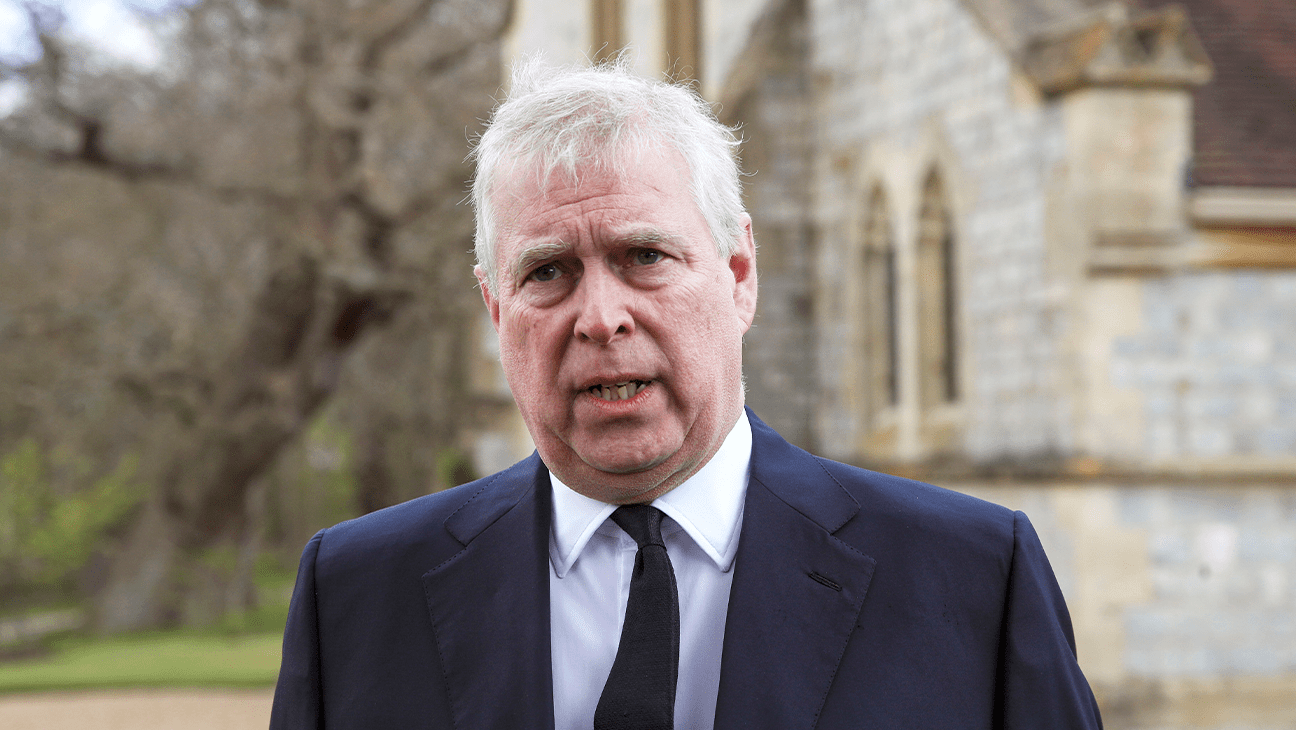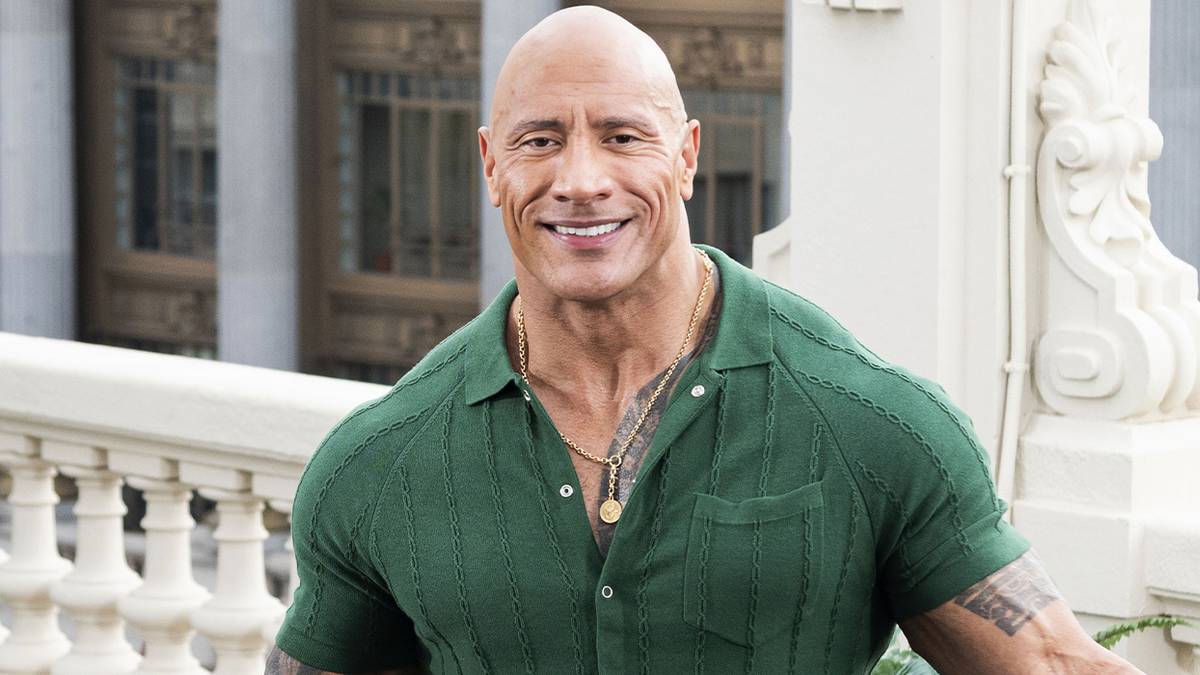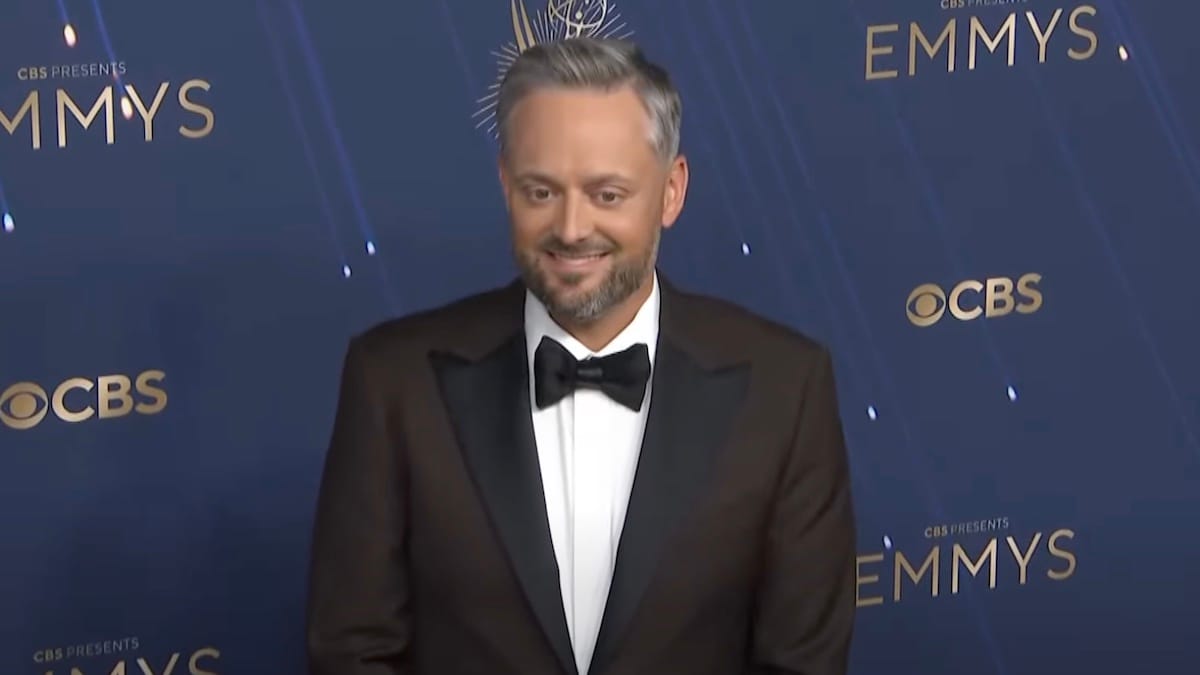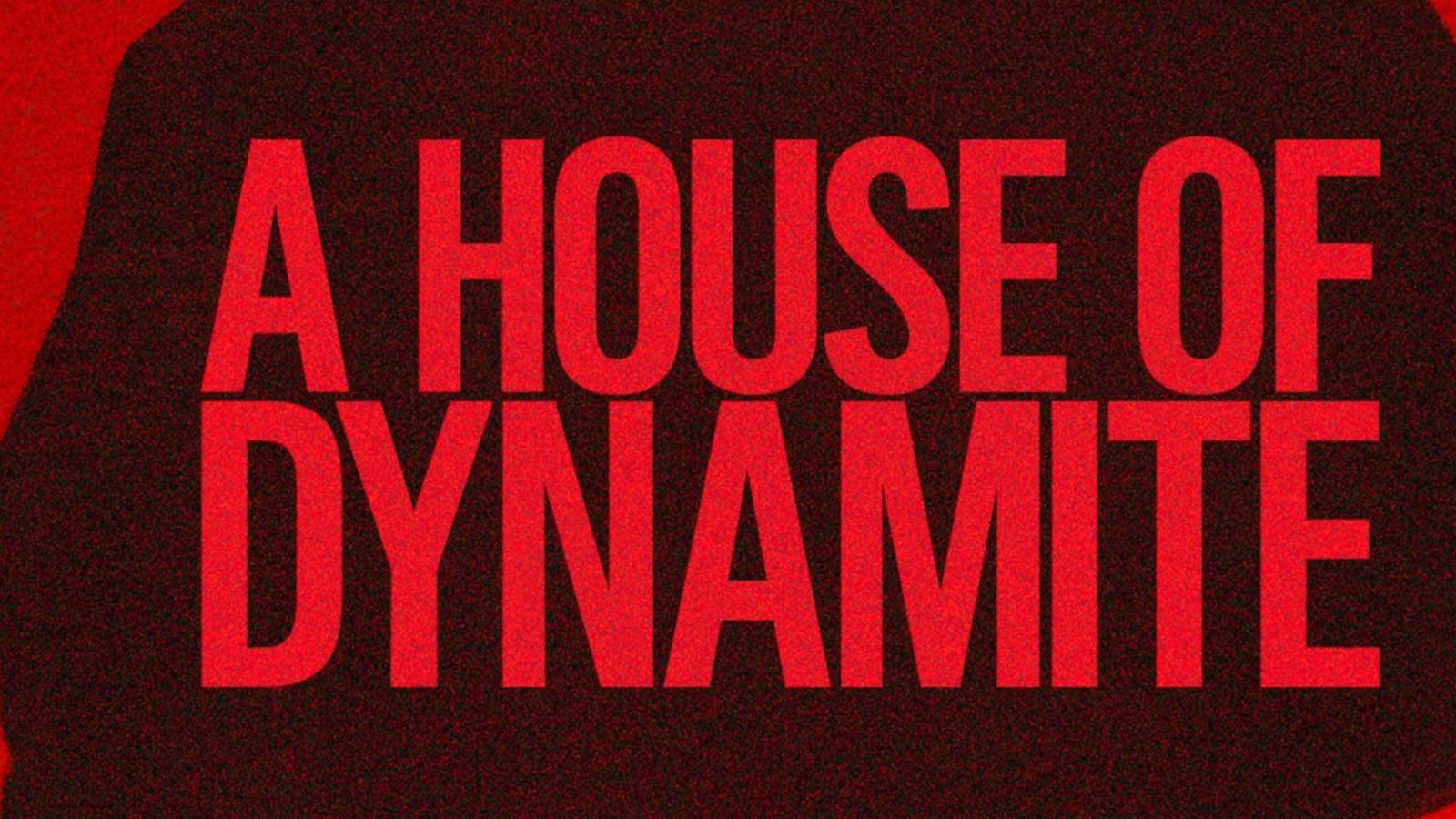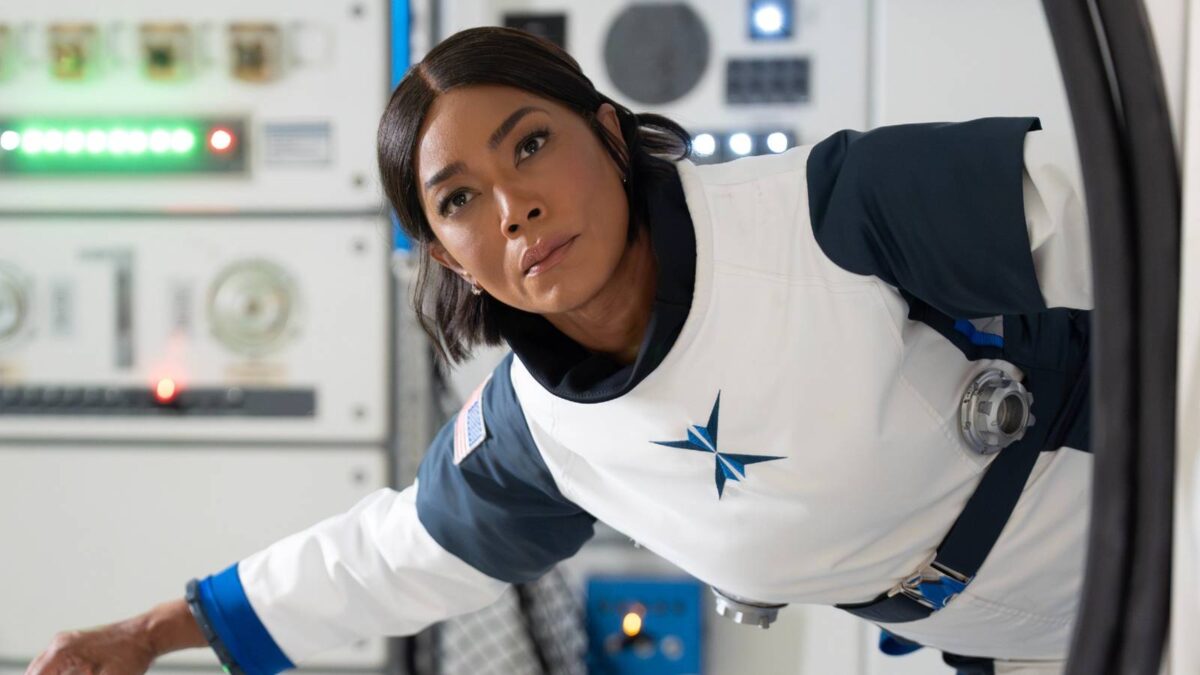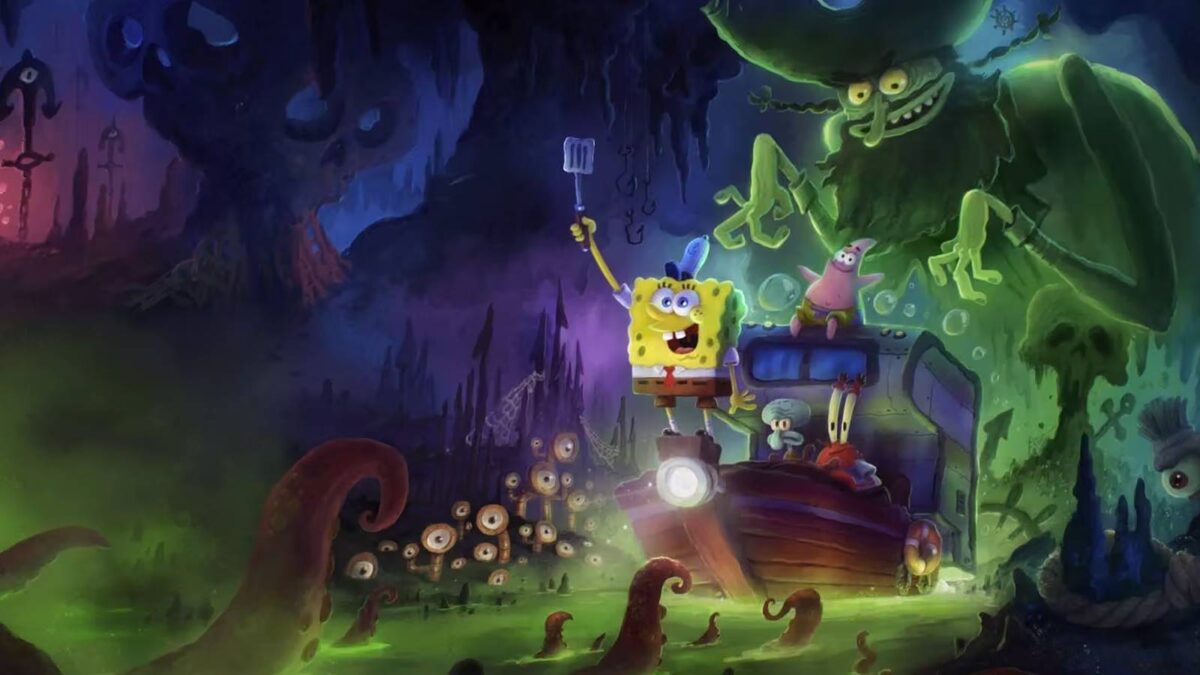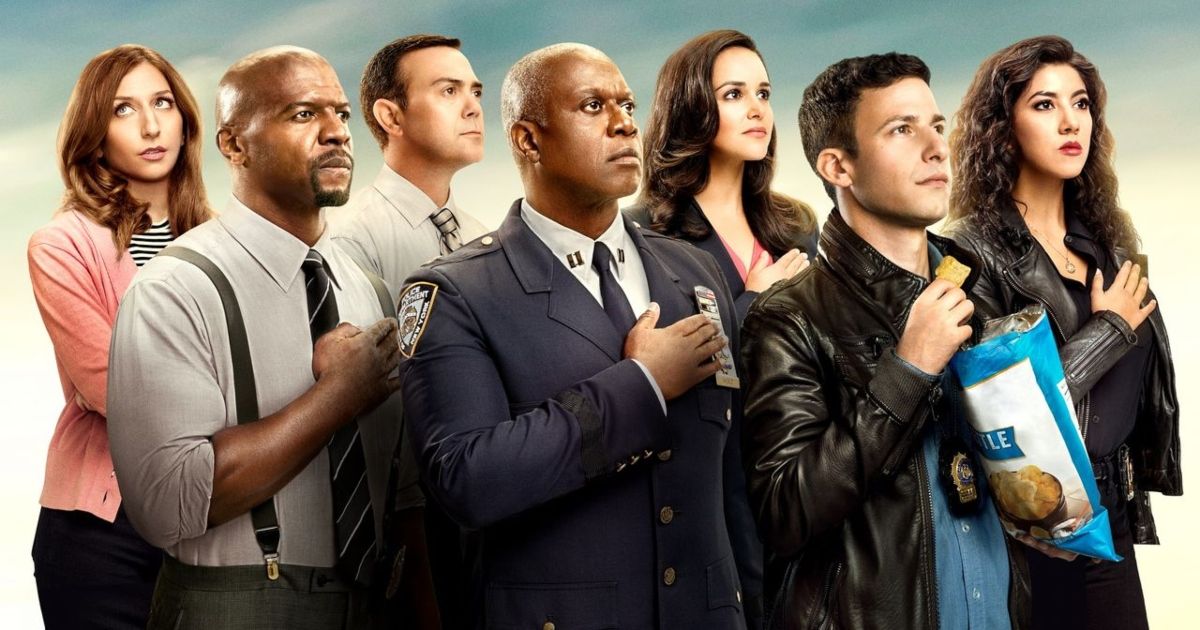
A Review of Good Cop Stories and Their Impact on Society
Jul 15, 2023
With the rise of social media have come some gruesome and awful realities. As good as being connected digitally can be for humanity, society can sometimes feel like it’s devolving. One of these awful realities is police brutality against Black people in this country. The way in which Black people are treated is not new, socially or digitally. Police brutality has the same roots as those who review bomb movies because a mermaid is Black: racism. Racism has another arm that’s often ignored: Hollywood.
While actors may support diversity or groups like Black Lives Matter, executives hold fast to keeping the status quo. Through crime procedural shows, the realities of racism are erased. Copaganda is known as the phenomenon that the police are good guys. In crime procedurals, a couple elements of copaganda play out. First, the advanced technologies that solve crimes quickly and that the bad guy is always caught is one layer of copaganda. A second element is that the police protect trans, gay, disabled, Black, and Brown bodies just as much as they do other bodies. Just as one show started the crime procedural phenomenon, another show turned copaganda on its head. Here’s your review of good cop stories and their impact on society.
In the Beginning
Solar Productions
Procedural crime shows are quite common and easy to replicate. They reverse-engineer a problem by looking at what the problem is, how it happens, what actions to take to find the perpetrator, and finally finding the perpetrator. Every crime procedural follows this formula in one way or another. This predictable format began with Steve McQueen’s hit show called Bullitt. In the show, McQueen portrays a police officer in San Francisco attempting to track down a crime boss. Since the premier of Bullitt, every crime procedural show and film has been based on McQueen’s show.
Currently, crime procedurals have spin-offs or are in different cities because they’re so popular. According to Psychology Today, people enjoy crime procedural shows for plenty of reasons. They cite one reason as the adrenaline rush, the excitement of the procedural is not only infused with drama but catching the killer is fulfilling. In conclusion, Psychology Today finds that people love crime procedurals because of the hide and seek aspect of each series. Essentially, our mind likes the puzzle created, even if we can figure out the criminal quickly.
Related: CSI: Vegas Gets Renewed for Season 3 at CBS
Good vs Bad Cop
CBS
Despite the excitement that crime procedurals bring, these shows have a few false messages. First, crime procedurals have near futuristic technology and systems that make crimes easy to solve. In the CSI franchise, for example, all the technicians quickly solve the problems the detectives have in trying to find the criminal. The second false narrative of procedurals is that the criminals are always caught, dead or alive. If this were true, then a Justice system would be irrelevant.
The final false narrative pushed by procedurals is that a majority of police officers are good and caring, while only a few are corrupt. In reality, plenty of police officers use excessive force, racial profiling, and have the highest rate of abusing their spouses than any other line of work, as The Atlantic explains.
Related: Law and Order Franchise Is Extending Its Reach With a Canadian Spinoff
via NBCUniversal
Crime procedural narratives are layered and fall on a spectrum rather than a series of black and white bullet points. For example, one of the narratives in crime procedurals is that more police officers are good than corrupt. One of the layers in this narrative is that those on the force have compassion for their community.
In one of the longest-running TV shows and crime procedurals, Law and Order: SVU, each detective takes their work personally. The reason Detective Olivia Benson (Mariska Hargitay) joined the force, and therefore the SVU, is due to her being the product of her mother’s sexual assault. Yet those in a community who are disabled, Black, Middle Eastern, Mexican or Latinx, or LGBTQIA, have a different experience with law enforcement.
Under the Patriot Act, for example, FBI, CIA, and law enforcement around the country didn’t need proof to search mosques after September 11. People who have mental or physical disabilities, such as Autism Spectrum Disorder, have been victims of police brutality simply because they were stimming in public. Trans, Black, and people who are assaulted are even blamed by police officers for any violence that befalls them. While Olivia Benson and crew may care about the people they protect, it’s all a fiction.
Related: Brooklyn Nine-Nine: Where the Cast is Today
Changing Tides
NBC
Just as many studios have become more cognizant about harmful tropes, some crime procedural shows have brought the realities of police brutality and corruption to the forefront. In the comedy series, Brooklyn Nine-Nine, several antagonists provide a way for these issues to be discussed. Madeline Wuntch (Kyra Sedgwick) uses her position to make Captain Raymond Holt’s career a living Hell. Even the Deputy Commissioner uses his influence to keep his son out of prison. Some of the detectives also face racism from fellow cops, like Captain Holt and Sergeant Terry Jeffords.
The final season of Brooklyn Nine-Nine takes place after the murder of George Floyd, which heavily influenced major moments in the season, like Rosa Diaz leaving the force to become a private investigator. While the writers of the series tackle these serious issues, they are but one exception to the rule of crime procedurals.
Publisher: Source link
Springsteen: Deliver Me from Nowhere Review
There’s a point in Springsteen: Deliver Me from Nowhere where Bruce’s manager, Jon Landau (Jeremy Strong), plays the tape for his latest record, Nebraska. The Columbia Records executive (David Krumholtz) doesn’t understand what Springsteen is going for. It’s a more…
Nov 3, 2025
Angela Bassett Proves She’s the GOAT in the Best Athena Episode To Date
One of my very favorite things that 9-1-1 does is when the show has "begins" episodes that show flashbacks from the main characters' lives to show impactful moments in their careers as first responders. These episodes are typically about them…
Nov 3, 2025
The franchise’s funniest film to date
One of the reasons for the surprising longevity of the SpongeBob SquarePants franchise is in its main character’s very sponginess. Along with most other characters that reside in Bikini Bottom, SpongeBob (Tom Kenny) is stretched and molded, cut up, sliced,…
Nov 1, 2025
A Storm at Sea Without Depth
Simon Stone’s The Woman in Cabin 10 sails into familiar waters of psychological paranoia and maritime mystery, but it never quite finds its sea legs. Adapted from Ruth Ware’s 2016 bestselling novel, the film attempts to be both a sleek,…
Nov 1, 2025
